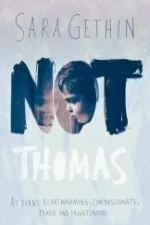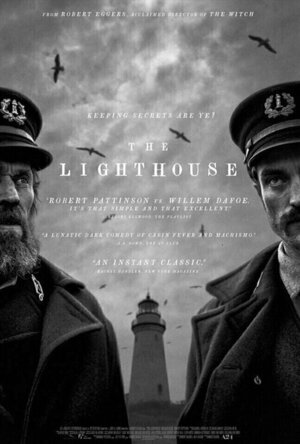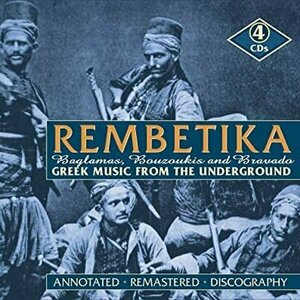BookblogbyCari (345 KP) rated Not Thomas in Books
Jul 31, 2018
The language with which it’s written, is very much like that of its protagonist, with common wording, present tense, short sentences, and childlike enthusiasm clearly conveyed. In spite of this, you may argue it’s not necessarily easy to read, as I shall explain.
In the beginning of the book, the neglect endured by Tomos is more commonplace, such as: occasionally having crisps instead of a cooked meal, making do with a removable ladder to on and off his bed, and his mum missing his nativity play. Later a teacher spots there’s an issue and starts bringing food and uniform for him to school.
However, after each let-down, the author must have thought “Right, what’s the worst thing that can happen next?” By the end of the book, there’s a rape, an arrest, and a murder. Eventually the teacher forges a rescue of sorts for Tomos, but things may never be the same again for poor Tomos.
Reading a book where the dialogue is in my own Welsh valley dialect made the story feel all the more real to me. In the first half of the book, the dialogue amongst the adults provides more depth, context and complexity to the story, which would otherwise only be hinted at.
In the end, it’s the realism of the story that makes it such a hard read.
You can check out more of my book reviews on Wordpress or Facebook:
https://bookblogbycari.wordpress.com/
https://www.facebook.com/bookblogbycari/
Andy K (10823 KP) rated The Lighthouse (2019) in Movies
Nov 3, 2019
I am trying to recall a time recently I left the theatre (I also don't go much any more) as bewildered as I did after watching The Lighthouse? My thought of comparing to Mother! would probably be the most appropriate. There is a lot of symbolism which I didn't really get right away or even events and characters which could be interpreted in different ways or having different points of view. I am sure I continue to digest the film over the next few days and remember details I cannot recall or am able to discuss here.
The film had such a unique look not only being black and white (although the white in the theatre I watched it in was more of a subtle yellow color)but also the aspect ratio was only 1.19:1 while most modern films are around 1:85:1 meaning this movie appeared as an almost perfect square. Much of the film was also dark, scratchy or whitewashed making it really appear as if you were watching a silent film or early "talkie".
Like writer/director Robert Eggers' freshman film and my recent 1st time watch, The Witch, I did find some of the dialect hard to follow at times (for The Witch, I actually turned the subtitles on). This is not a criticism, I was just concerned while watching I was going to miss some important plot point and since I was at the theatre, I couldn't stop and rewind it.
I can't say too much about the plot or even what the symbolism might be; however, I would love to discuss with anyone after viewing so let me know what you think as well.
Really loved it!

Flashcards+ by Chegg - Custom Flashcard Maker
Education and Reference
App
Flashcards+ is the top flashcard app in the app store — ranked #1 for flashcards! Memorize like a...
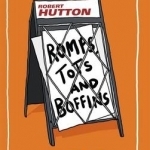
Romps, Tots and Boffins: The Strange Language of News
Book
Financial Times Gift Books of the Year; Sunday Times Books of the Year - Humour Roundup; Spectator...

Practical English Usage by Michael Swan
Reference and Education
App
Practical English Usage is a world bestseller and a vital reference tool that helps teachers and...

i Translator with speech recognition
Productivity and Reference
App
This award winning translation tool instantly allows you to understand and speak 30 languages by...
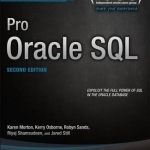
Pro Oracle SQL: 2013
Karen Morton, Kerry Osborne, Robyn Sands and Riyaj Shamsudeen
Book
Pro Oracle SQL, Second Edition unlocks the power of SQL in the Oracle database-one of the most...
Alex Kapranos recommended Greek Music From The Underground by Various in Music (curated)

Page: English Grammar & Spell Checker + Translator
Productivity and Education
App
Ginger ‘… allows users to send better texts and higher quality writing’ - **Techcrunch** Start...
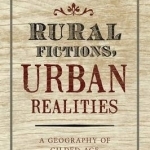
Rural Fictions, Urban Realities: A Geography of Gilded Age American Literature
Book
The diminishment of rural life at the hands of urbanization, for many, defines the years between the...
